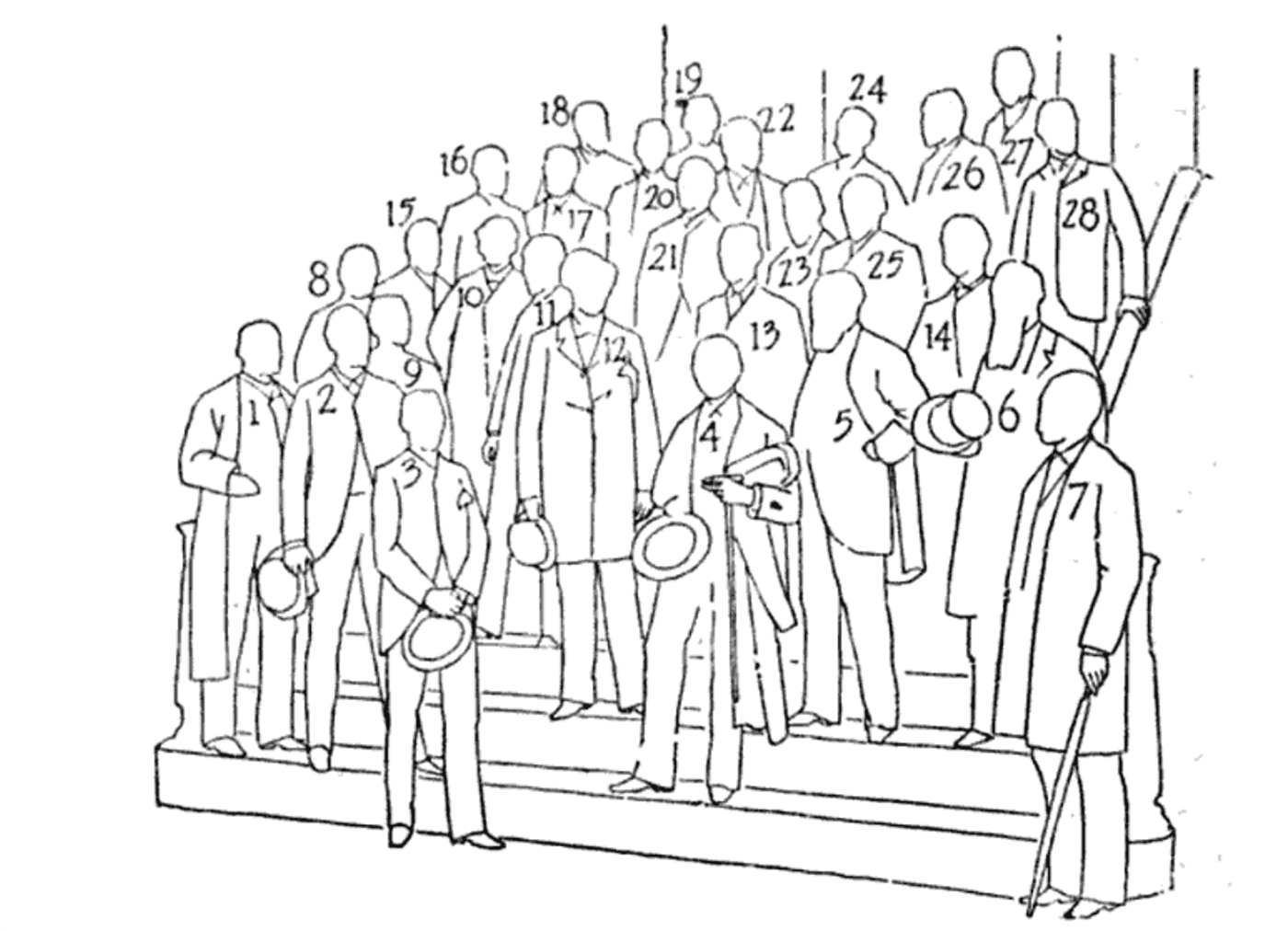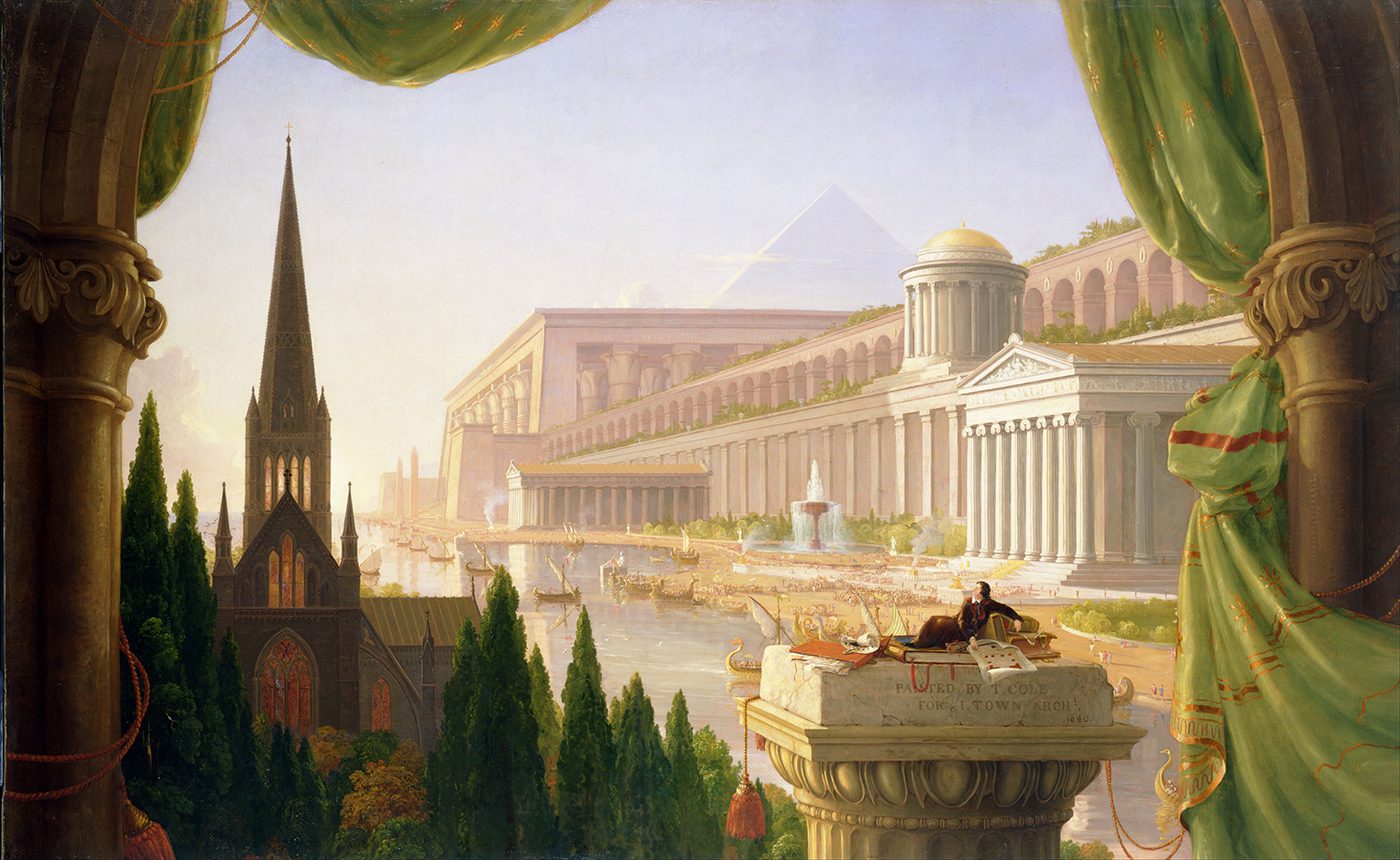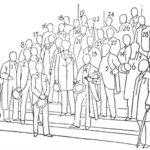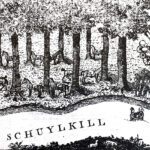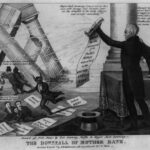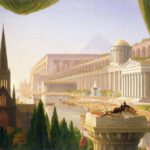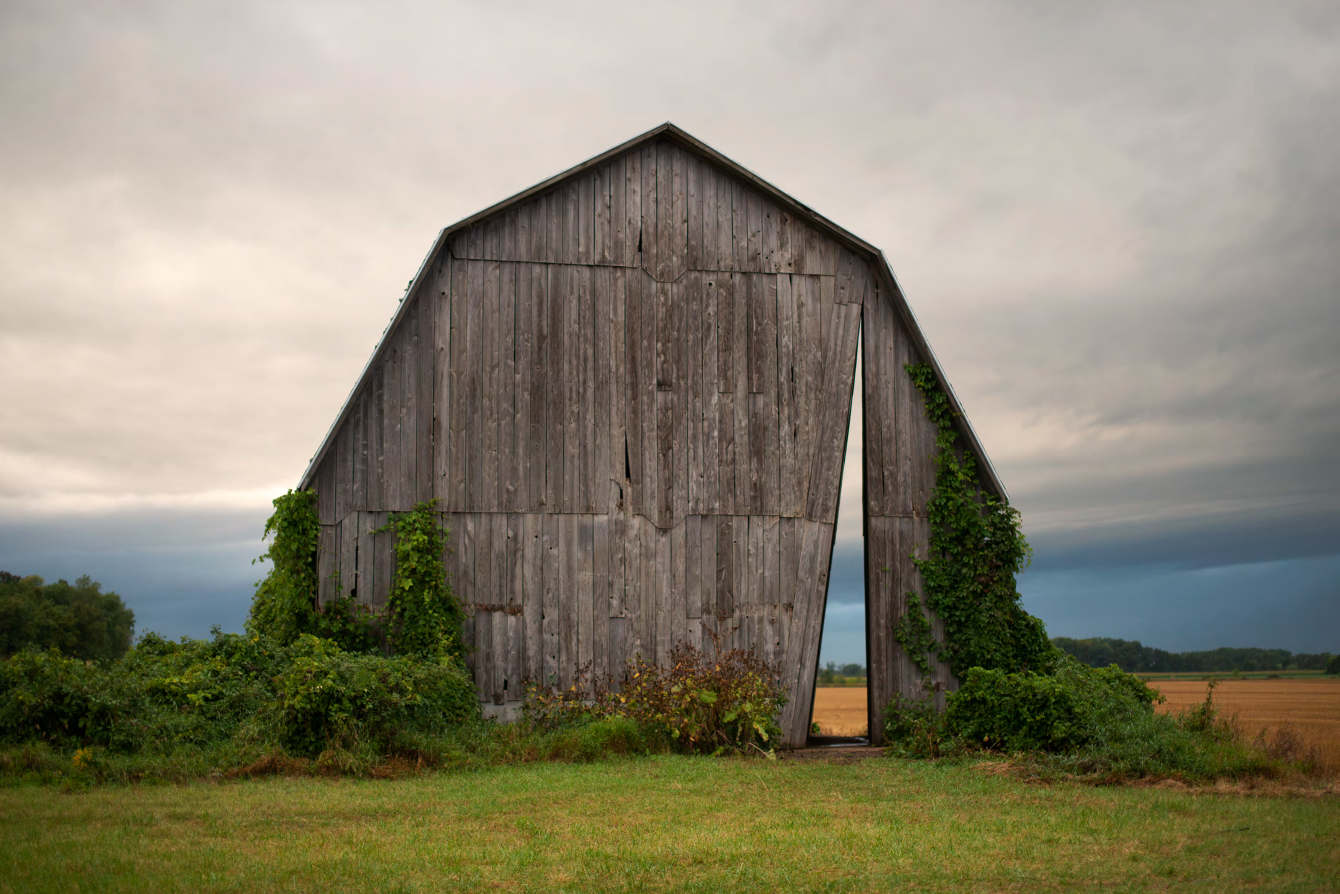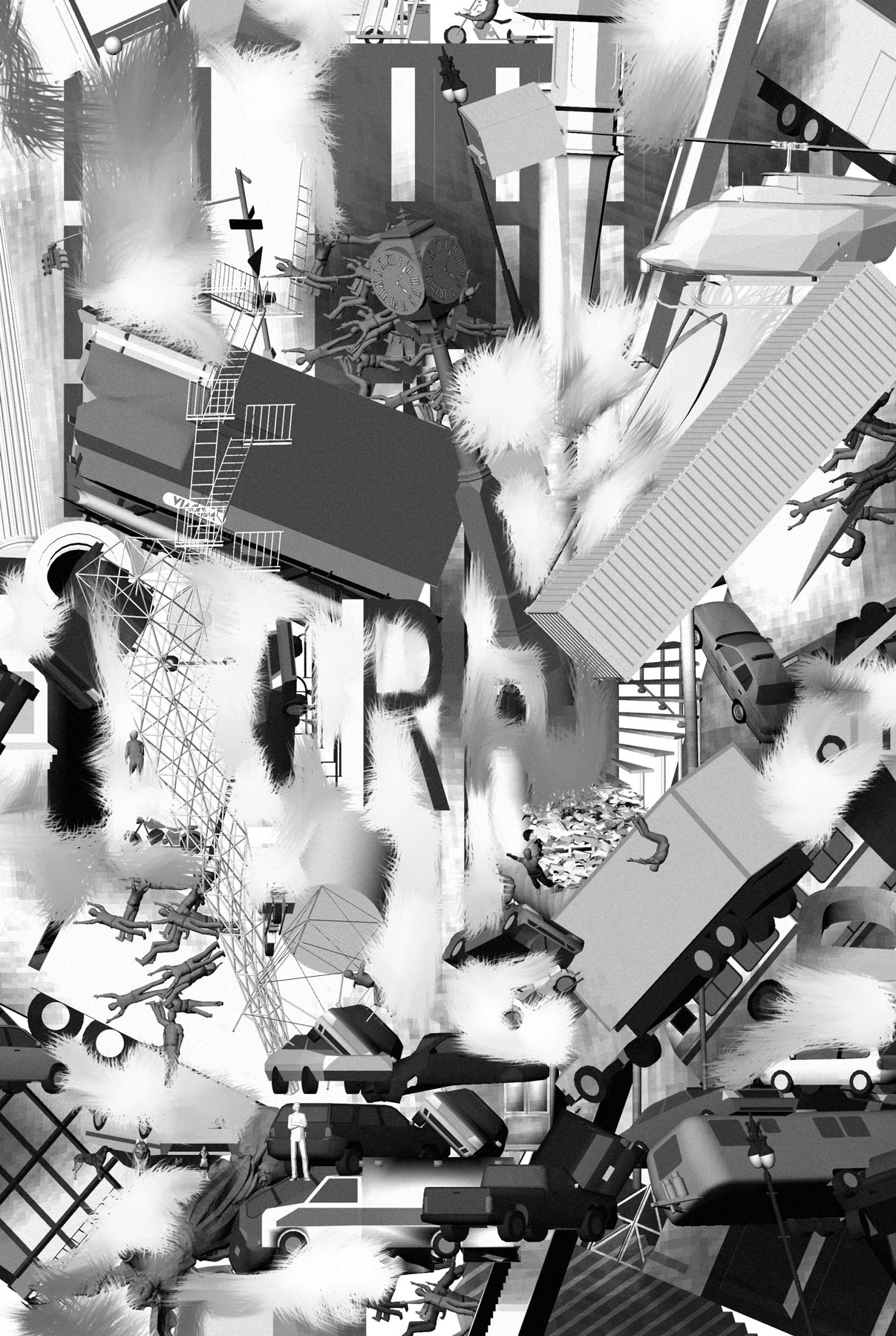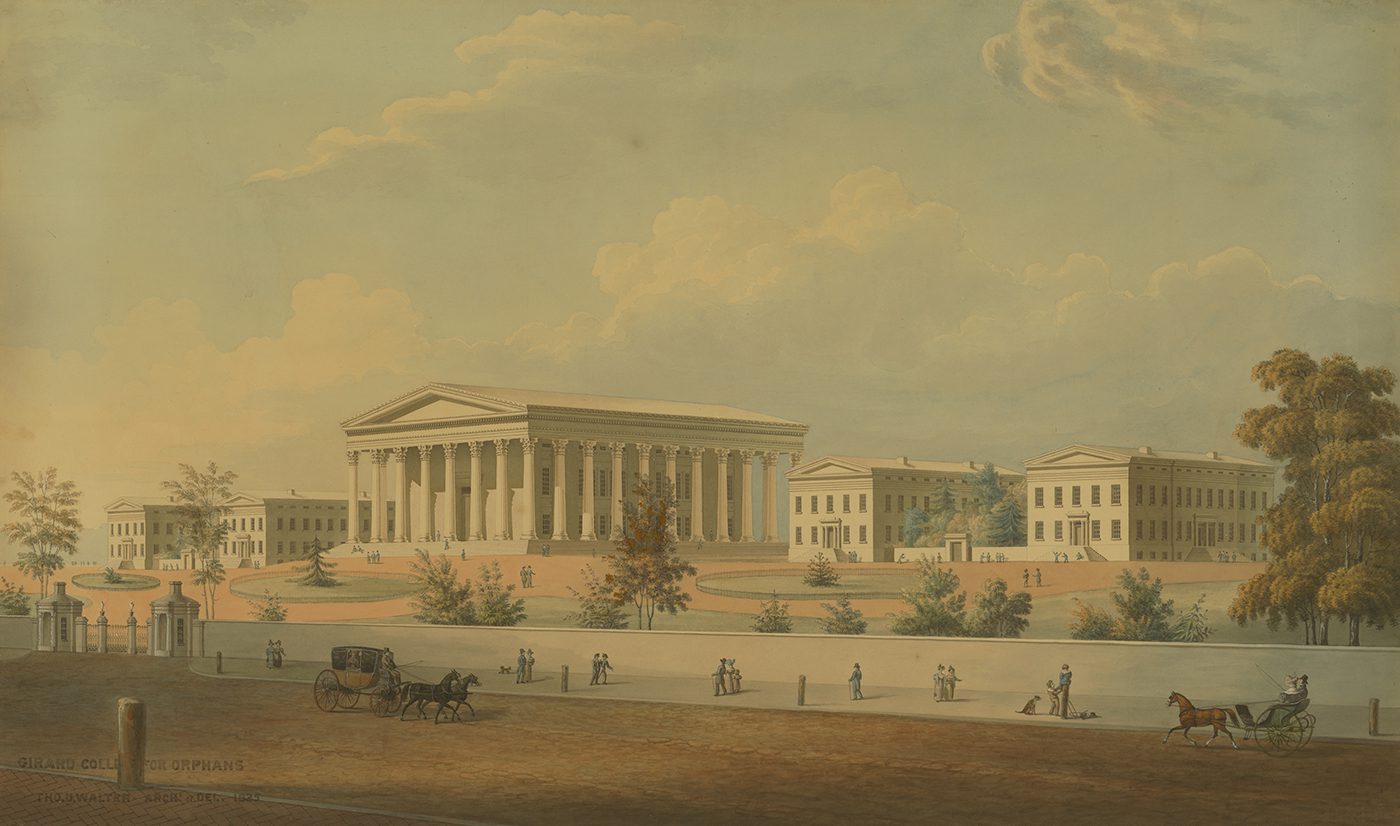
Published:
01/01/2018
Aspiring to professional status, architects in the early American republic sought to define a body that professed a particular expertise. This process of professionalization is often presented as the result of secular, practical concerns about the art (and science) of design and building. Focusing on the 1820s-1850s, this book cuts against that narrative. It argues that, in fact, a particular version of white Protestant nationalism fundamentally shaped architects’ conception of and commitment to a profession. In particular it argues that early republican architects formulated the meaning and purposes of their profession through the imagination of a divinely-directed, world historical scaffolding. Through this historical imagination, architects intertwined the knowledge of their profession’s own history with political, social, and theological contexts. Situating the construction of the young nation’s built environment in a unified and progressive grand narrative, the first theorists of architecture in the United States professed their practice as a historically-informed tool of statecraft that had global implications.






